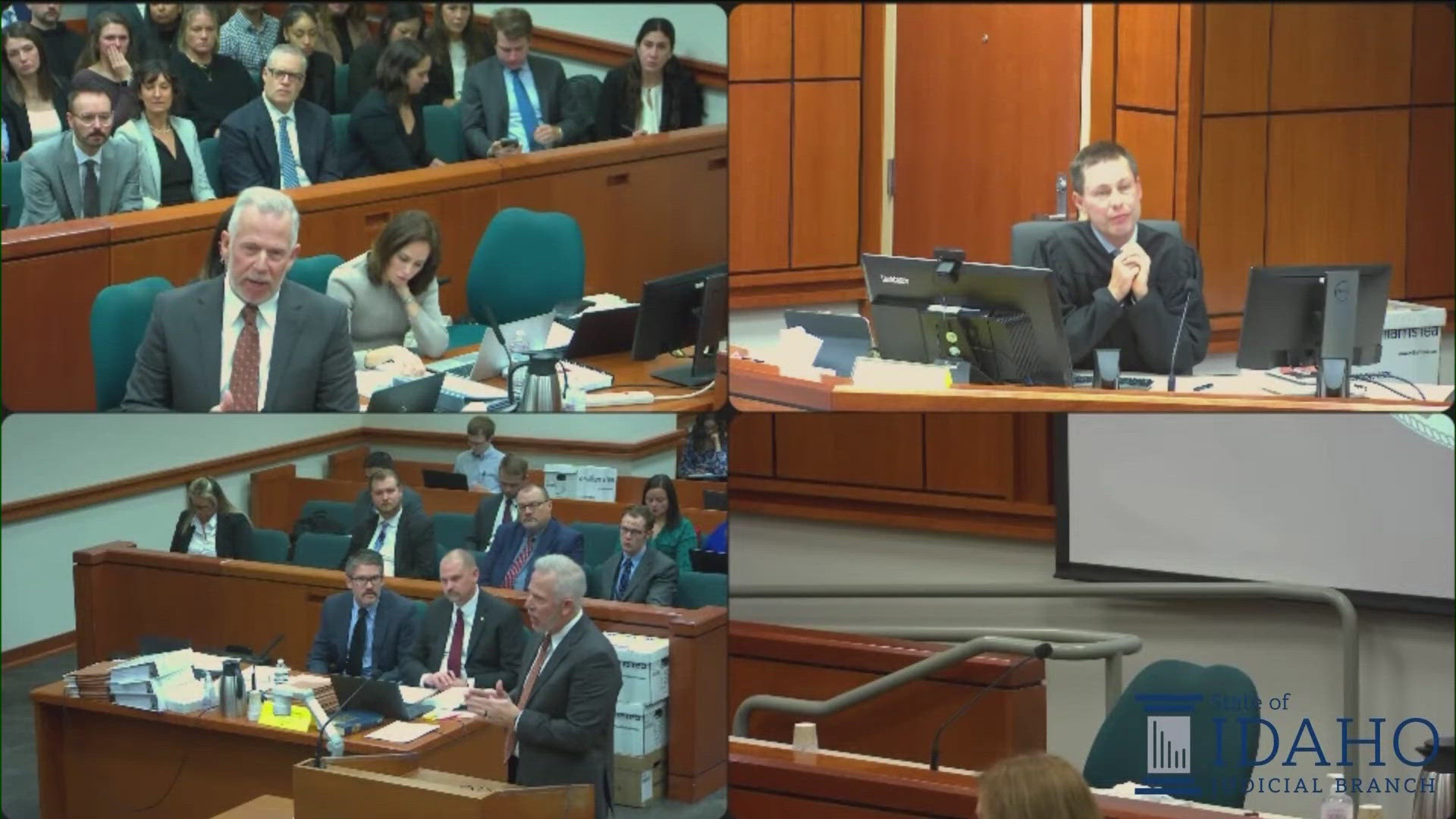BOISE, Idaho — Idaho lawmakers are considering a major revamp of Idaho's education funding system that's currently based on a model that originated with desegregation in the South in the 1950s but could be holding modern students back.
State officials say Idaho is one of a handful of states still using a system that distributes money based on how many students show up for class but fails to account for learning in the age of the internet, students switching schools and other factors.
Lawmakers on the Idaho House and Senate education committees on Thursday took two hours of comments on the 59-page draft legislation involving some $2 billion Idaho spends annually to teach more than 300,000 students in grades kindergarten through 12th grade.
"I think that there were a lot of good ideas," Senate Education Committee Chairman Dean Mortimer, R-Idaho Falls, said after the meeting. "Probably one of the biggest takeaways that I would say is that, yes, we need to spend the time that it takes to make sure the legislation gets to where it needs to be."
The legislation has been in the works for some three years. Lawmakers took the unusual step of making public a draft of the legislation last week leading up to Thursday's listening session.
The key aspect of the plan is a funding formula within a spreadsheet with the ability to alter variables that change where money goes. Students in various categories can be accounted for in the formula and districts receive additional funds for them. Some categories include English language learners, special needs students and gifted and talented students. Depending on how the formula is set up, school districts can come out in the black or in the red.
Among those speaking to the joint committee was Superintendent of Public Instruction Sherri Ybarra. She said she supported a change but asked the committee to address about a dozen potential problems she saw in the legislation.
She said the payment schedule in the legislation could cause a cash-flow problem and leave school districts unable to pay bills. Another problem was the possibility of some school districts losing money.
"I'm not supporting a plan where school districts lose significant funding," she said, noting in particular that possibility appears after three years under the new funding formula.
Many speakers spoke in opposition to a wealth adjustment in the funding formula intended to help poorer districts, and Mortimer after the meeting said it's possible that could be eliminated from the draft legislation.
Some education professionals who spoke also worried about how the new legislation could affect the state's career ladder that's intended to boost teacher pay.
"That career ladder is no longer recognizable in the legislative draft," said Kari Overall, president of the Idaho Education Association.
House Education Committee Chairman Lance Clow at the end of the meeting said he wasn't surprised by the comments.
"I think we're all considering everything we heard today," he said.
Mortimer said he expects the education committees will work through the suggestions and that the new education funding legislation will be introduced in the coming weeks.



